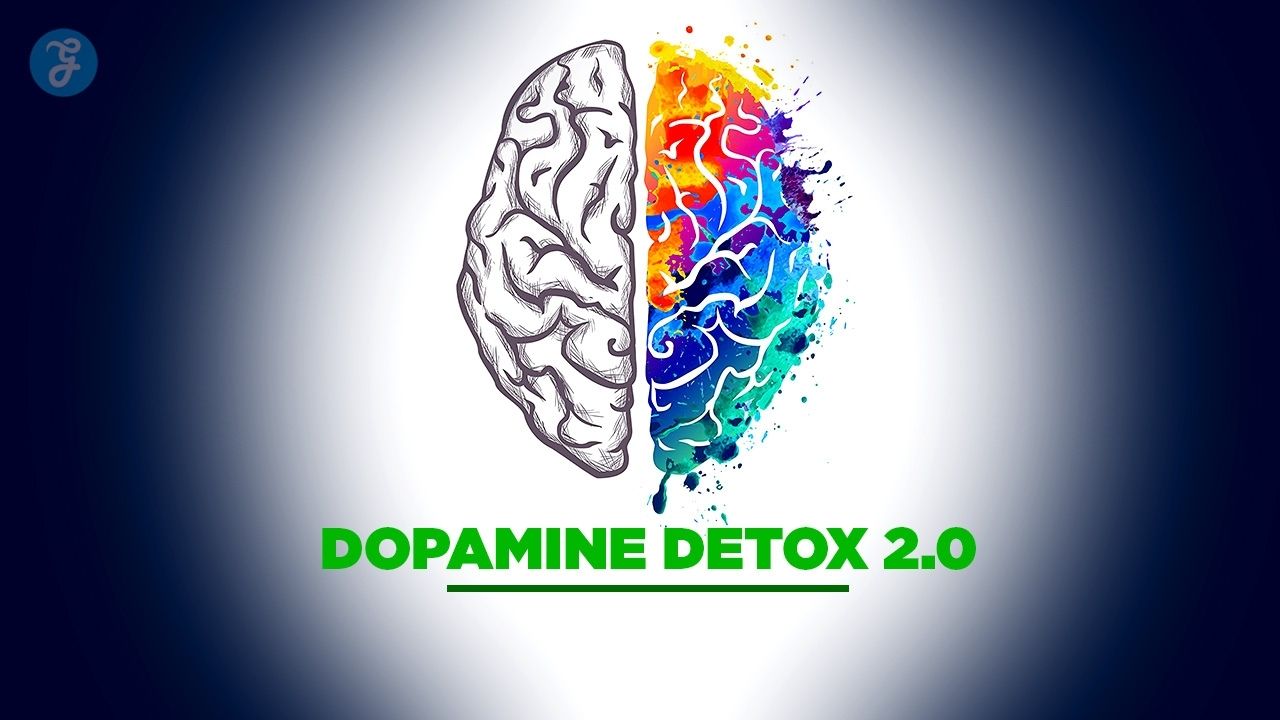Recovering from alcoholism is a challenging journey, but the good news is that with the right support, dedication, and resources, it’s possible to reclaim your life. However, it’s essential to understand that there is no quick fix or “fast” way to recover from alcoholism. The process of healing takes time, patience, and effort. This article will cover essential steps, strategies, and perspectives to recover from alcoholism while managing expectations about the timeline and challenges involved. It is also crucial to approach this journey holistically, understanding that recovery touches physical, emotional, mental, and spiritual aspects of life.
1. Understanding Alcoholism and Acceptance
The first step to recovering from alcoholism is to fully acknowledge the problem. Alcoholism, also known as alcohol use disorder (AUD), is a chronic condition characterized by an inability to control alcohol use despite negative consequences. It affects millions of people globally, with different levels of severity ranging from mild to severe. Once you recognize that you have a problem, the path to recovery can begin.
Denial is one of the most significant barriers to recovery. Accepting that you have an issue with alcohol can be painful, but it is an essential first step. Without acceptance, seeking help and making progress becomes difficult.
Tips for Acceptance:
- Reflect on the consequences of your drinking. How has it affected your relationships, career, or health?
- Speak to a trusted person, such as a friend or family member, to help you gain perspective on your drinking behavior.
- Take note of the signs of alcoholism, such as drinking alone, experiencing withdrawal symptoms, or the inability to limit consumption.
2. Seek Professional Help: The Importance of a Medical Detox
Alcohol dependence often results in physical addiction, meaning the body becomes used to functioning with alcohol in its system. When someone with alcohol dependence suddenly stops drinking, they may experience withdrawal symptoms, which can range from mild to severe, including tremors, anxiety, hallucinations, and in extreme cases, seizures.
To manage these withdrawal symptoms safely, it’s critical to seek medical advice. For heavy drinkers, a medical detox program may be necessary. These programs provide medical supervision and medications that can help alleviate withdrawal symptoms, making the process safer and more comfortable.
Key Components of a Medical Detox:
- Medications like benzodiazepines may be prescribed to reduce withdrawal symptoms.
- Nutritional support to counter the effects of alcohol on the body.
- Emotional and psychological support to ease the anxiety and cravings that accompany withdrawal.
While detox is the first step to clearing your body of alcohol, it’s important to remember that detox alone is not a treatment for alcoholism. It merely prepares the body to engage in the deeper emotional and psychological work required for long-term recovery.
3. Therapy and Counseling: Healing the Mind
One of the most critical elements of recovering from alcoholism is addressing the psychological factors that contribute to addiction. Alcoholism is often intertwined with mental health issues like depression, anxiety, or trauma. Therapy and counseling help individuals confront these underlying issues, develop healthier coping mechanisms, and change the destructive patterns of thought and behavior.
Types of Therapy Commonly Used in Alcohol Recovery:
- Cognitive Behavioral Therapy (CBT): This therapy focuses on identifying and changing negative thought patterns that lead to destructive behaviors like drinking.
- Dialectical Behavioral Therapy (DBT): DBT helps individuals learn to regulate emotions and improve interpersonal relationships.
- Motivational Interviewing (MI): This form of therapy helps increase motivation to quit drinking and sustain sobriety.
- Trauma-Informed Therapy: For individuals who began drinking as a way to cope with trauma, specialized therapy helps process and heal from past traumatic events.
Therapy provides individuals with the tools to understand their addiction better and manage triggers that may cause them to relapse. It can be done one-on-one with a therapist, or in group settings with others who share similar struggles.
4. Support Groups: The Power of Community
One of the most effective strategies for recovering from alcoholism is engaging with support groups. Support groups offer a sense of community, accountability, and understanding from people who have been through the same experiences. Organizations like Alcoholics Anonymous (AA) have proven to be particularly effective for many people due to their 12-step approach, which helps individuals work through the psychological, emotional, and spiritual challenges of recovery.
Benefits of Support Groups:
- A non-judgmental environment where individuals can share their stories and challenges.
- The opportunity to learn from others who have successfully maintained sobriety.
- Regular meetings that provide structure and accountability.
- A sponsor or mentor who offers one-on-one guidance throughout the recovery process.
Many people in recovery find that attending regular meetings is vital to maintaining their sobriety in the long term.
5. Building Healthy Habits: Physical and Emotional Self-Care
Alcoholism often leads to neglecting one’s physical and emotional health. Recovery is a time to rebuild your well-being and strengthen your body and mind. Developing healthy habits can significantly impact your recovery journey by giving you a renewed sense of purpose and improving your overall quality of life.
Physical Self-Care:
- Exercise: Physical activity helps reduce stress and anxiety, boosts mood, and improves overall physical health. It also releases endorphins, which can help alleviate the cravings for alcohol.
- Balanced Diet: Alcohol abuse often leads to poor nutrition. Eating a balanced diet rich in vitamins and minerals can help your body heal from the damage caused by excessive drinking.
- Sleep: Regular and restful sleep is essential for emotional regulation and physical recovery.
Emotional Self-Care:
- Mindfulness and Meditation: These practices help you become more aware of your thoughts and emotions and teach you how to manage cravings or triggers.
- Journaling: Writing down your thoughts, feelings, and experiences during recovery can provide insight into your emotional state and help track progress.
- Engaging in Hobbies: Rediscover activities you used to enjoy before alcoholism, or explore new hobbies that bring joy and fulfillment.
6. Addressing Relapse: A Natural Part of Recovery
Relapse is common in recovery from alcoholism and doesn’t mean failure. Many people who eventually achieve long-term sobriety experience one or more relapses along the way. The important thing is to learn from the experience and get back on track.
What to Do if You Relapse:
- Seek immediate help: Contact a counselor, sponsor, or trusted friend who can support you.
- Reflect on the trigger: Understanding what led to the relapse is crucial. Was it stress, a social situation, or emotional pain?
- Plan for the future: Develop a strategy for dealing with similar situations in the future, and reinforce your commitment to recovery.
Rather than viewing relapse as a sign of failure, it’s essential to see it as an opportunity to reassess your approach to recovery and strengthen your resolve.
7. Medication-Assisted Treatment (MAT)
In some cases, individuals recovering from alcohol addiction benefit from medication-assisted treatment (MAT). This approach uses FDA-approved medications in combination with therapy and counseling to support long-term sobriety. Some of these medications can reduce cravings, make drinking less pleasurable, or cause adverse effects if alcohol is consumed.
Common Medications Used in MAT for Alcoholism:
- Naltrexone: Reduces the euphoric effects of alcohol, helping reduce cravings.
- Acamprosate: Helps restore the brain’s chemical balance, reducing the physical discomfort of withdrawal.
- Disulfiram (Antabuse): Causes severe nausea, vomiting, and other unpleasant symptoms if alcohol is consumed, deterring individuals from drinking.
MAT can be an essential tool for some individuals, particularly those with a long history of alcohol dependence or repeated relapses.
8. Building a Sober Lifestyle: Developing New Routines and Social Circles
One of the most significant changes that comes with recovery is the need to build a new, sober lifestyle. This often means distancing oneself from social circles or environments that encourage drinking. While this can be a difficult step, it’s necessary to maintain long-term sobriety.
Tips for Building a Sober Lifestyle:
- Avoid triggers: Identify the people, places, and situations that make you want to drink, and develop strategies for avoiding them.
- Form new friendships: Seek out sober friends or join activities that promote healthy living, such as fitness groups, volunteer organizations, or creative workshops.
- Create a structured routine: Establishing a daily schedule that includes work, hobbies, exercise, and socializing can help fill the void left by alcohol and create a sense of purpose.
9. Patience and Self-Compassion: The Importance of Time in Recovery
While it’s natural to want a fast recovery, it’s essential to understand that healing from alcoholism is a process that takes time. Rushing the process or expecting immediate results can lead to frustration and disappointment. Instead, focus on small, manageable goals and celebrate each victory along the way.
Ways to Practice Patience and Self-Compassion:
- Forgive yourself for past mistakes: Recovery involves coming to terms with the harm alcoholism may have caused. Learning to forgive yourself is a crucial part of healing.
- Focus on progress, not perfection: Even small steps forward are worth celebrating.
- Seek support: Surround yourself with people who uplift and encourage you, and don’t be afraid to ask for help when you need it.
Conclusion
Recovery from alcoholism is not a linear process, nor is it something that can be achieved quickly. The path to sobriety requires time, commitment, and the willingness to confront and work through deep-rooted issues. However, with the right support systems, including medical intervention, therapy, support groups, and self-care, it is possible to achieve lasting sobriety.
Instead of focusing on how to recover fast, it’s more important to focus on how to recover fully. Healing from alcoholism is about rebuilding your life, health, and relationships one step at a time. Each person’s journey!
Author Bio:
Oasis Detox is based in Chatsworth Los Angeles that provides effective detoxification treatments.






































